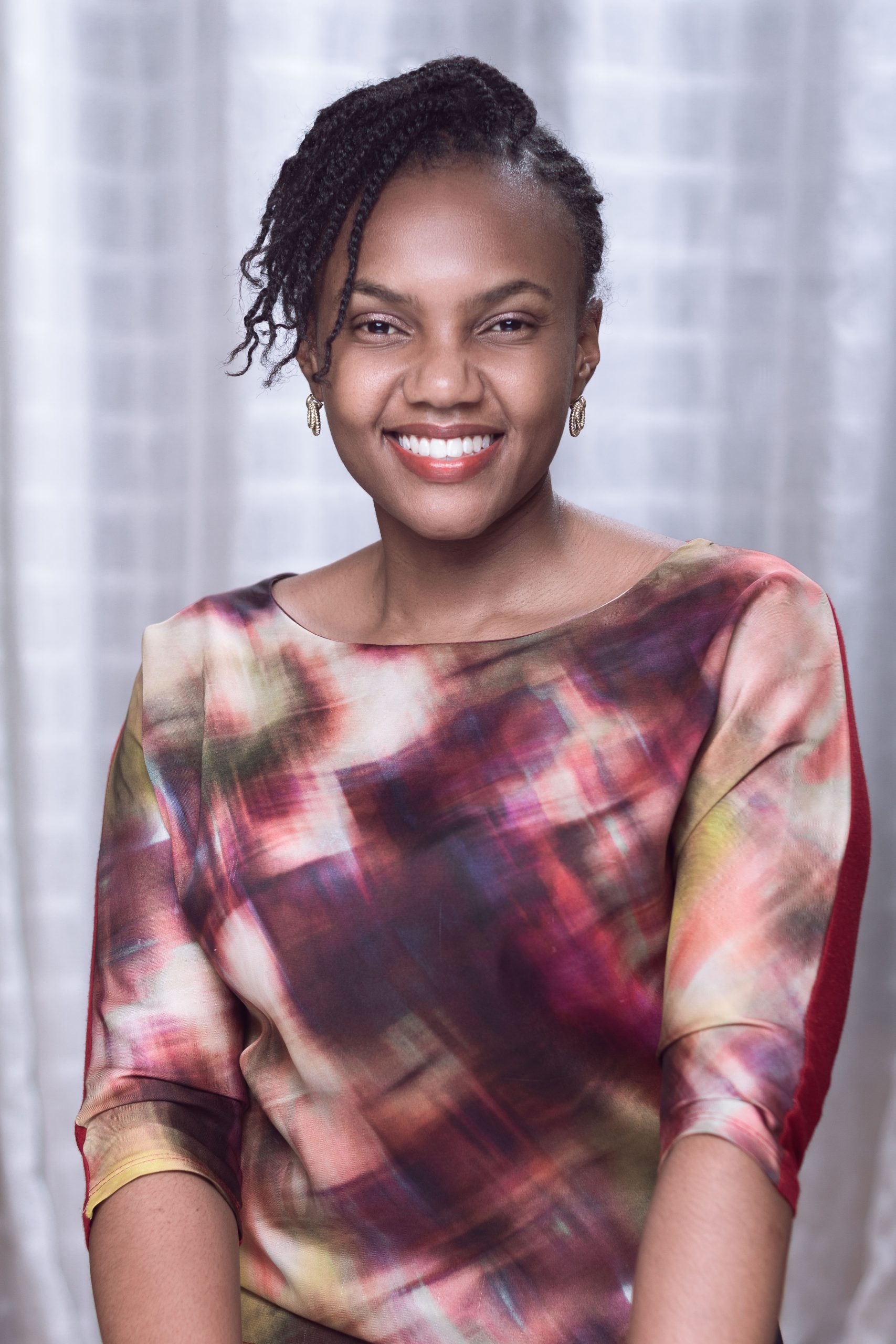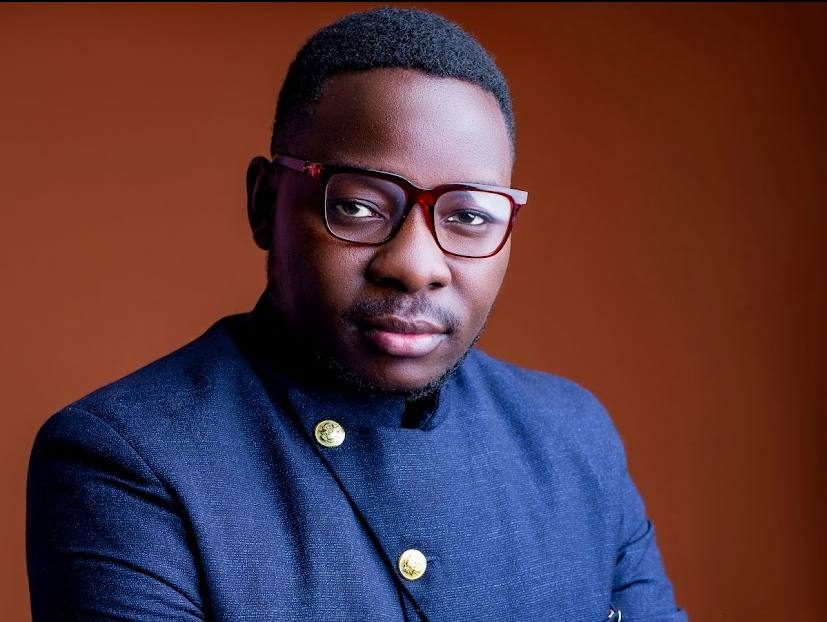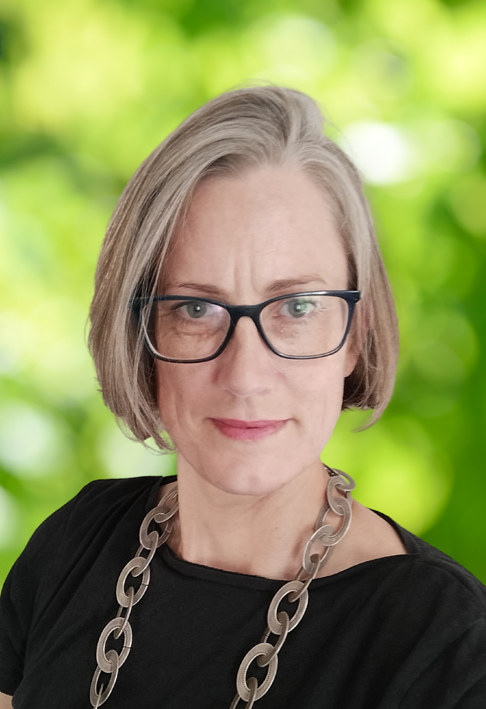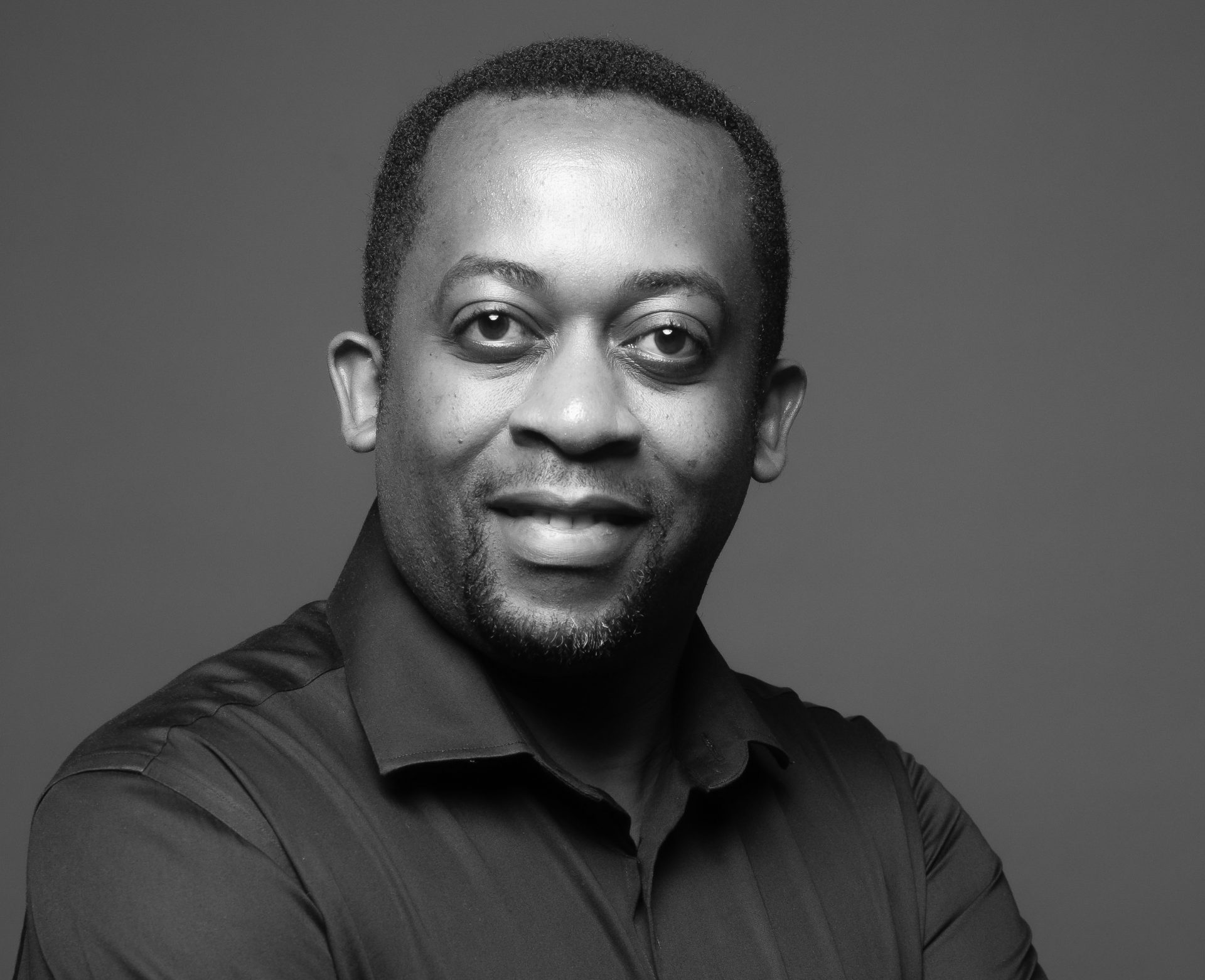From investment finance to marketing, Naomi is proof that there isn’t one path to having a successful career in marketing and communications. In our interview with her, Naomi talks to us about her career transition and shares a few tips for younger professionals. Read her profile below and enjoy our interview with her.
Naomi is a marketing and strategy expert with a proven track record in building new markets; growing existing markets/revenue; B2B and B2C sales; building strategic partnerships and content marketing.
She is currently the Marketing Manager at African Management Institute (AMI), a social enterprise that is supporting over 30,000 entrepreneurs from across 30 African countries to grow and scale their businesses through practical tools and training. Naomi loves to use data to understand behaviour and she enjoys working with entrepreneurs – as they provide sustainable solutions to almost all of Africa’s societal challenges in Africa.
What’s a typical day in your role at African Management Institute (AMI) like?
At AMI, I lead marketing efforts across Africa to engage and grow our community of ambitious businesses and entrepreneurs in the AMI brand and experience.
The most interesting thing about my everyday work is that I get to talk to African SMEs and entrepreneurs, empathize with their challenges and offer solutions and support through our programmes.
I believe that African SMEs provide sustainable solutions to a lot of the challenges our continent faces such as unemployment, so it is such an honour to work with an organization that is designed to support SMEs grow and thrive.
Take us back to how you began your career. What steps did you take?
Now I’m in marketing, but my career actually started in investment finance. I hold a masters degree in Investment Finance from the University of Nairobi. For the early part of my career, I worked in finance and administration. I made the shift when a certain boss and former mentor realized that I was deeply empathic and good with people. He thought these skills would be more useful in sales, and he gave me an opportunity to join the sales team. I was in sales and business development for 5 years and when I realized I was more interested in the strategy part of sales, I shifted to marketing.
I can confidently say that my career has been the sum total of bosses and mentors I worked with who gave me an opportunity to go after my potential and pursue my different skills.
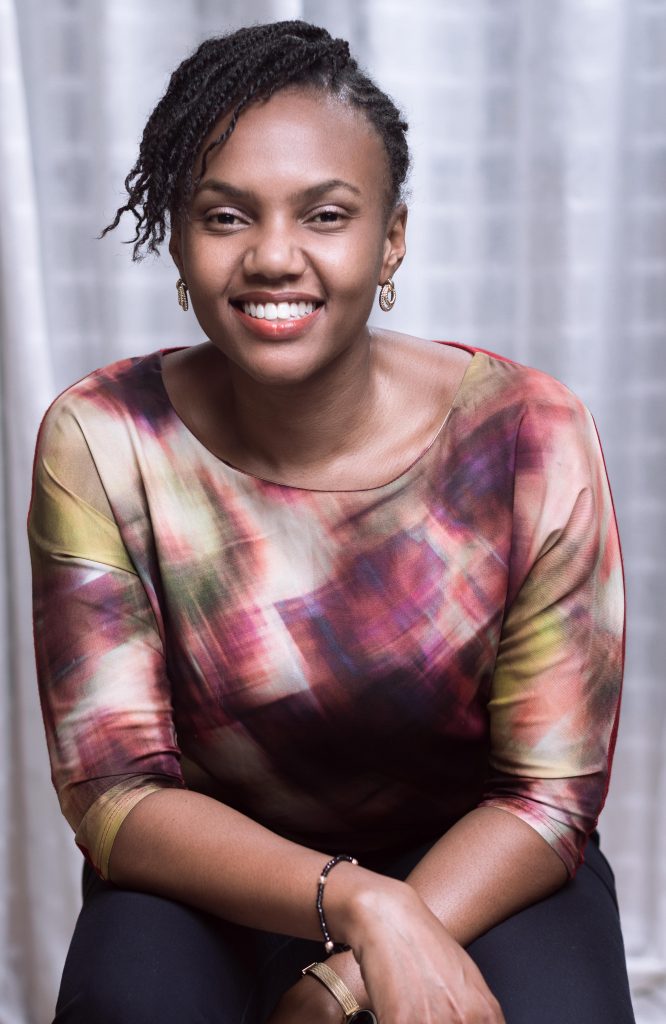
What are some of the key lessons you have learnt from your professional journey so far?
I have learned that there is really no such thing as a ‘wrong career path’. All the experiences (including general life experiences) that we go through serve us in the future. For instance, through graduate school, I had a job as an executive assistant. The job was not glamourous and I often cringed on Mondays because the work environment was very toxic. My boss at the time would meticulously scan through the business letters I wrote (we wrote more letters than emails then), highlight and make edits with a red fountain pen. I often would get back a letter ‘painted’ in red to rewrite. I did not like my job at the time, but looking back, it made me a good writer and the toxic work environment made me more empathetic.
One book or podcast that has impacted your professional journey and in what way?
I love a good book. I will let you in on a little secret – I have actually based a lot of my job interviews on books I have read – a good book just has a way of elevating your mind, thoughts and ideas.
Currently, I am reading Range: Why Generalists Triumph in a Specialized World by David Epstein.
Range is teaching me that it’s not that I should not specialize as I progress in my career, but that breath and accumulating vast experiences as I grow in my career has its advantages.
Quick tips for young professionals who want to start out in the marketing and communications space.
Thanks to the digital transformation and the data economy we are now in, the marketing and comms. space is now very broad and there are a lot of exciting opportunities for young professionals. My general advice is:
You may have come across the analogy – our careers are rubber balls i.e. if they fall they can bounce back. However, there are some aspects of our lives that are glass balls i.e. they are fragile and if they fall, we lose them forever. Our health-both physical and mental, relationships – with family and friends, are glass balls that we need to treasure.
What advice would you give to your younger self?
I would extend more grace to myself. I have learnt that high performers often hold themselves to very high standards and this is something I am deliberately unlearning.
It’s important to take care of my physical, emotional, mental and spiritual health. So I am deliberately making time to be present in other areas of my life, even as I grow my career and be of service to others in my work.

